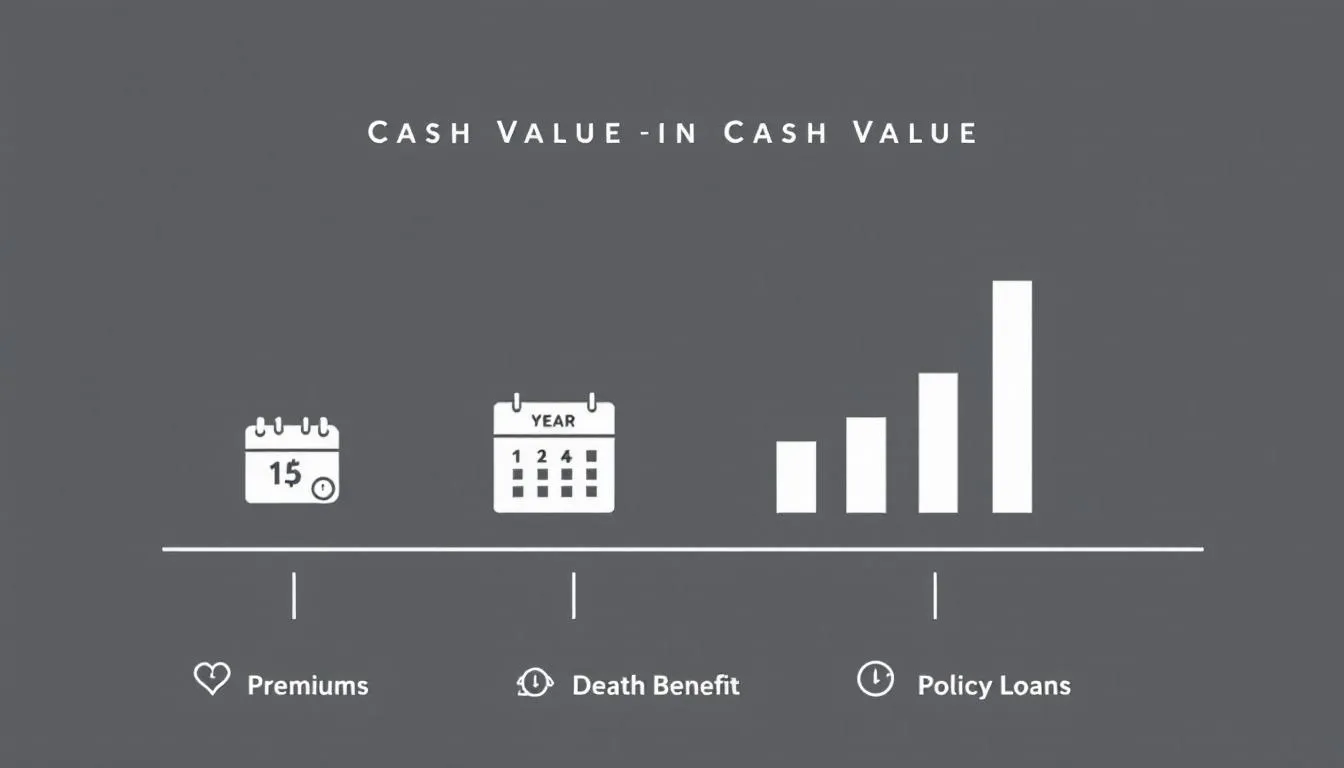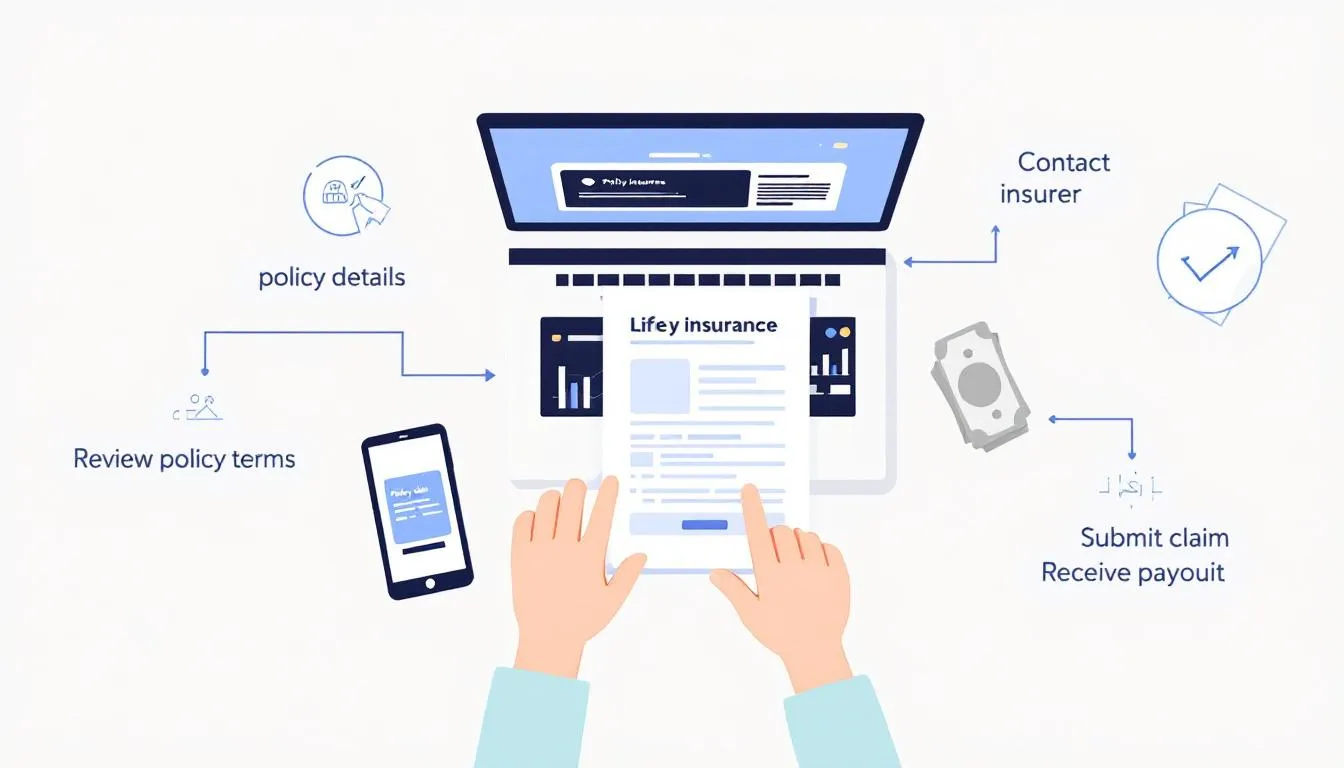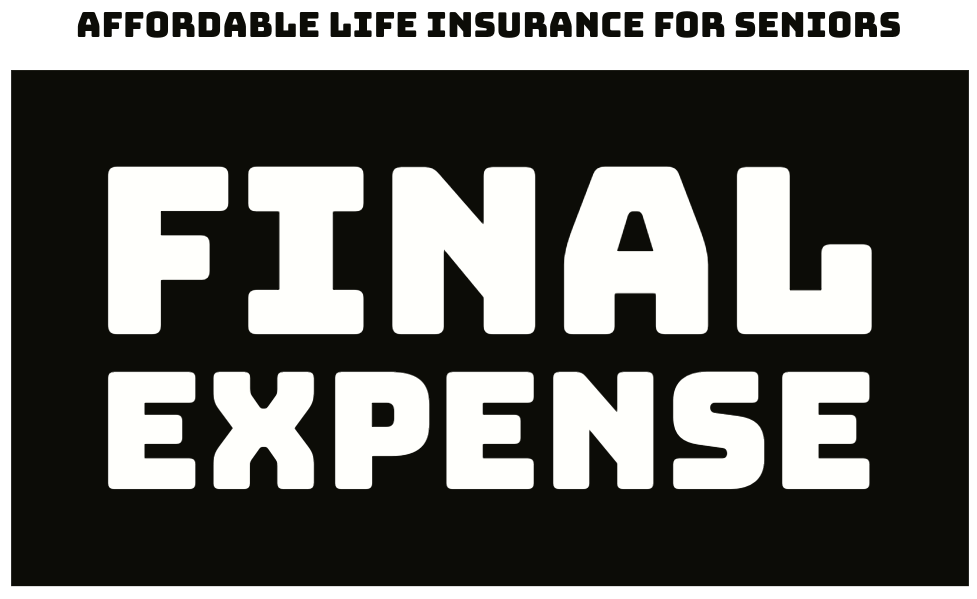Wondering if term life insurance you can cash out exists? Standard term life insurance doesn’t build cash value, but options like Return of Premium and convertible policies do. This article explores these alternatives and how they can benefit you.
Key Takeaways
-
Term life insurance offers death benefits for a specified term but lacks a cash value component, making it a cost-effective choice.
-
Alternatives like Return of Premium (ROP) and convertible term life insurance provide additional cash-out features, allowing policyholders to recover premiums or convert to permanent coverage.
-
While term life insurance with cash-out options offers financial flexibility, it typically comes with higher premiums and potential reductions in death benefits and must be weighed against individual financial goals.
Understanding Term Life Insurance
Term life insurance is intended to offer a death benefit. This benefit is meant for your loved ones after you pass away. Unlike permanent life insurance, which offers coverage for your entire life, term life insurance covers you for a set period, typically ranging from 10 to 30 years. This means that if you pass away during the term, your beneficiaries will receive the policy’s death benefit.
The premiums for term life insurance are usually paid annually or monthly, making it an affordable option for many. However, traditional term life insurance policies do not accumulate any cash value; they are straightforward and designed to be cost-effective. Once the term expires, your coverage ends, and there’s no financial return if you outlive the policy.
Does Term Life Insurance Have a Cash Value?

One common misconception about term life insurance is that it includes a cash value component. In reality, term life insurance does not build any cash value, which is why it is generally cheaper than permanent life insurance options. The primary purpose of term life insurance is to provide death benefits, not to serve as a savings or investment vehicle.
Because term life insurance lacks a cash value component, it allows for lower premiums compared to policies that include cash value options. If the policyholder outlives the term, there is no refund or payout, making it a more economical choice for temporary coverage needs.
This absence of cash value is a key factor that differentiates term life insurance from permanent life insurance options, which are designed to accumulate cash value in a cash value account over time.
Alternatives to Traditional Term Life Insurance with Cash-Out Options
While traditional term life insurance doesn’t offer a cash value, there are alternatives that do. These include Return of Premium (ROP) term life insurance and convertible term life insurance. Both options provide innovative solutions to policyholders looking for more than just death benefits.
ROP term life insurance allows policyholders to receive a refund of all premiums paid if they outlive the term. On the other hand, convertible term life insurance offers the flexibility to switch to permanent coverage without undergoing a new medical exam, providing the opportunity to accumulate cash value.
These alternatives offer a blend of affordability and potential financial benefits, catering to diverse insurance needs.
Return of Premium (ROP) Term Life Insurance
Return of Premium (ROP) term life insurance is a unique option that refunds all premiums paid if the policyholder survives the term. This feature makes ROP policies an attractive choice for those who want the security of life insurance without feeling that their premiums are going to waste if they outlive the policy.
With ROP term life insurance, you are guaranteed a return of premiums at the end of the term, providing a financial safety net. This option combines the affordability of term life insurance with a savings component, offering a potential financial return while still providing coverage during the term.
Convertible Term Life Insurance
Convertible term life insurance offers another flexible alternative. This type of life policy allows you to convert your term life insurance into a permanent life insurance policy without undergoing a new medical examination. This feature can provide lifelong coverage if you decide to convert before the term expires.
Policyholders can usually choose between full and partial conversions to various types of permanent life insurance policies, such as a whole life insurance policy or universal life insurance policies. By converting to a permanent policy, you can start accumulating cash value, offering both lifetime coverage and a potential financial asset through universal life policies and life policies.
How to Access Cash from a Term Life Insurance Policy

Accessing cash from a term life insurance policy typically involves either utilizing ROP refunds or converting the policy to a permanent one. These methods provide financial flexibility while maintaining some level of life insurance coverage.
Several options are available to access cash value from life insurance policies, including withdrawals, loans, and full surrenders, which can affect the surrender value. However, it’s important to understand the implications of each method, such as potential fees and the impact on the policy’s death benefit.
Utilizing ROP Refunds
Return of Premium (ROP) term policies can provide a full refund of premiums paid if the policyholder outlives the term. This feature allows you to withdraw cash that you have essentially saved through your premium payments.
Utilizing ROP refunds allows recovery of some or all premiums paid if you outlive the term, offering a financial buffer without borrowing or incurring debt.
Converting to a Permanent Policy
Convertible term life insurance allows you to switch to a permanent life insurance policy, which can accumulate cash value over time. This conversion provides the opportunity to access cash through policy loans or withdrawals.
Converting to a permanent policy allows you to benefit from the accumulating cash value component, accessible as needed. This provides both continued life insurance coverage and financial flexibility through permanent policies.
Pros and Cons of Term Life Insurance with Cash-Out Features
Term life insurance with cash-out features offers a blend of benefits and drawbacks that should be carefully considered. While these policies provide potential refunds and financial flexibility, they also come with higher premiums and potential reductions in death benefits.
These cash-out options can offer liquidity and financial flexibility to policyholders. However, the higher premiums and potential reduction in the cash surrender death benefit and larger cash value are significant drawbacks that need to be weighed against the benefits.
Advantages
Generally speaking, the primary advantage of term life insurance with cash-out features is the financial flexibility it offers. These policies can be tailored to align with specific financial obligations, such as covering debts like mortgages, providing a safety net for your loved ones.
Additionally, the potential for a refund of premiums provides a sense of security, knowing that your payments are not lost if you outlive the term.
Disadvantages
The primary disadvantage of term life insurance policies with cash-out features is the higher premiums compared to standard term policies. These higher costs can make it less accessible for some individuals.
Another significant drawback is the potential reduction in the death benefit if you choose to cash out the policy, which can impact the financial support available to your beneficiaries and the policy’s death benefit.
Tax Implications of Cashing Out Term Life Insurance
Cashing out a term life insurance policy can have tax implications that need to be carefully considered. If the amount received exceeds the total premiums paid, the excess is taxable as income. This can create a significant tax liability, especially if the cash value has grown substantially.
Consulting a tax professional is recommended to understand the tax implications before cashing out. It’s important to be aware of potential capital gains tax and other tax consequences, ensuring that you make informed financial decisions.
Comparing Costs: Standard Term Life vs. Term Life with Cash-Out Options
When comparing costs, standard term life insurance typically offers lower premiums, making it a more affordable choice for many. However, policies with cash-out features come with higher premiums but provide potential future financial benefits.
The financial implications of choosing standard term life insurance include lower upfront costs, while cash-out options lead to higher premiums but offer the potential for refunds or cash value accumulation. It’s essential to weigh these factors against your financial goals.
When to Consider Term Life Insurance with Cash-Out Options
Considering term life insurance with cash-out options can be beneficial in certain situations. If you’re facing rising healthcare costs or unexpected financial downturns, accessing cash from your life insurance policy cashing can provide much-needed financial relief.
Additionally, these options can help cover living expenses without needing to take on traditional loans. Balancing the benefits of withdrawing cash-out options with potential risks is crucial in making informed decisions about your financial future with a home equity loan while withdrawing money.
Summary
In summary, term life insurance with cash-out features offers a unique blend of affordability and potential financial benefits. While traditional term life insurance provides straightforward death benefits, alternatives like ROP and convertible policies offer the possibility of refunds or cash value accumulation.
Balancing the higher premiums and potential reduction in death benefits with the financial flexibility and security these options provide is essential. By understanding the pros and cons, tax implications, and cost comparisons, you can make an informed decision that aligns with your financial goals and provides peace of mind for your loved ones.
Frequently Asked Questions
What is the primary purpose of term life insurance?
The primary purpose of term life insurance is to offer financial protection by providing a death benefit to beneficiaries upon the insured’s death. This ensures that loved ones are supported during a challenging time.
Does term life insurance have a cash value component?
Term life insurance does not have a cash value component, which is why it is generally more affordable than permanent life insurance options.
What is Return of Premium (ROP) term life insurance?
Return of Premium (ROP) term life insurance offers a refund of all premiums paid if the policyholder outlives the policy term, effectively combining death benefit protection with the potential for a financial return. This makes it an appealing option for those seeking both coverage and investment value.
How can I access cash from a term life insurance policy?
You can access cash from a term life insurance policy by utilizing return of premium (ROP) refunds or converting the policy to a permanent one that accumulates cash value. Both options allow you to access funds while ensuring continued coverage.
Are there tax implications for cashing out a term life insurance policy?
Cashing out a term life insurance policy may result in tax implications if the amount received exceeds the total premiums paid, as the excess is taxable as income. It is advisable to consult a tax advisor for a thorough understanding of these implications.
